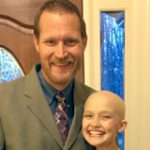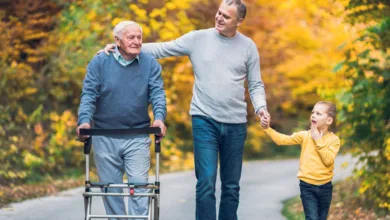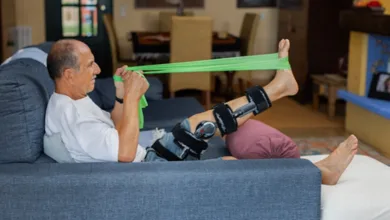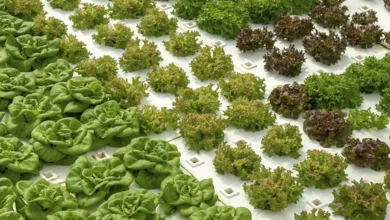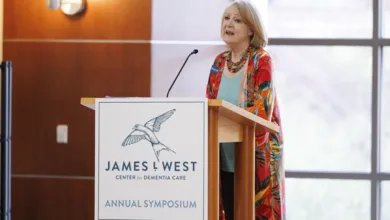Cure Childhood Cancer: The Story of Kylie
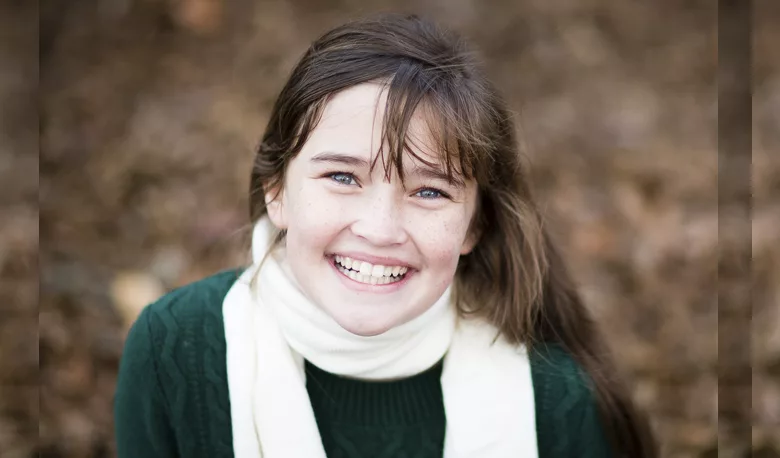
When my daughter, Kylie, was ten years old she decided to audition for a local performance of the play Annie. We knew she was good, but we were a little worried about her getting her hopes up so high that a rejection would be devastating. Her oldest sister had faced those rejections and coached her in how to handle disappointment should it come. After several callbacks, we were surprised and elated when she landed the lead role.
Soon we watched her sing Tomorrow flawlessly while wrestling a dog bigger than her. That experience cemented her dream of an onstage career. She didn’t lack talent. She didn’t lack ambition or work ethic. What she lacked was a chance to live beyond twelve years because cancer robbed her of life and her dream.
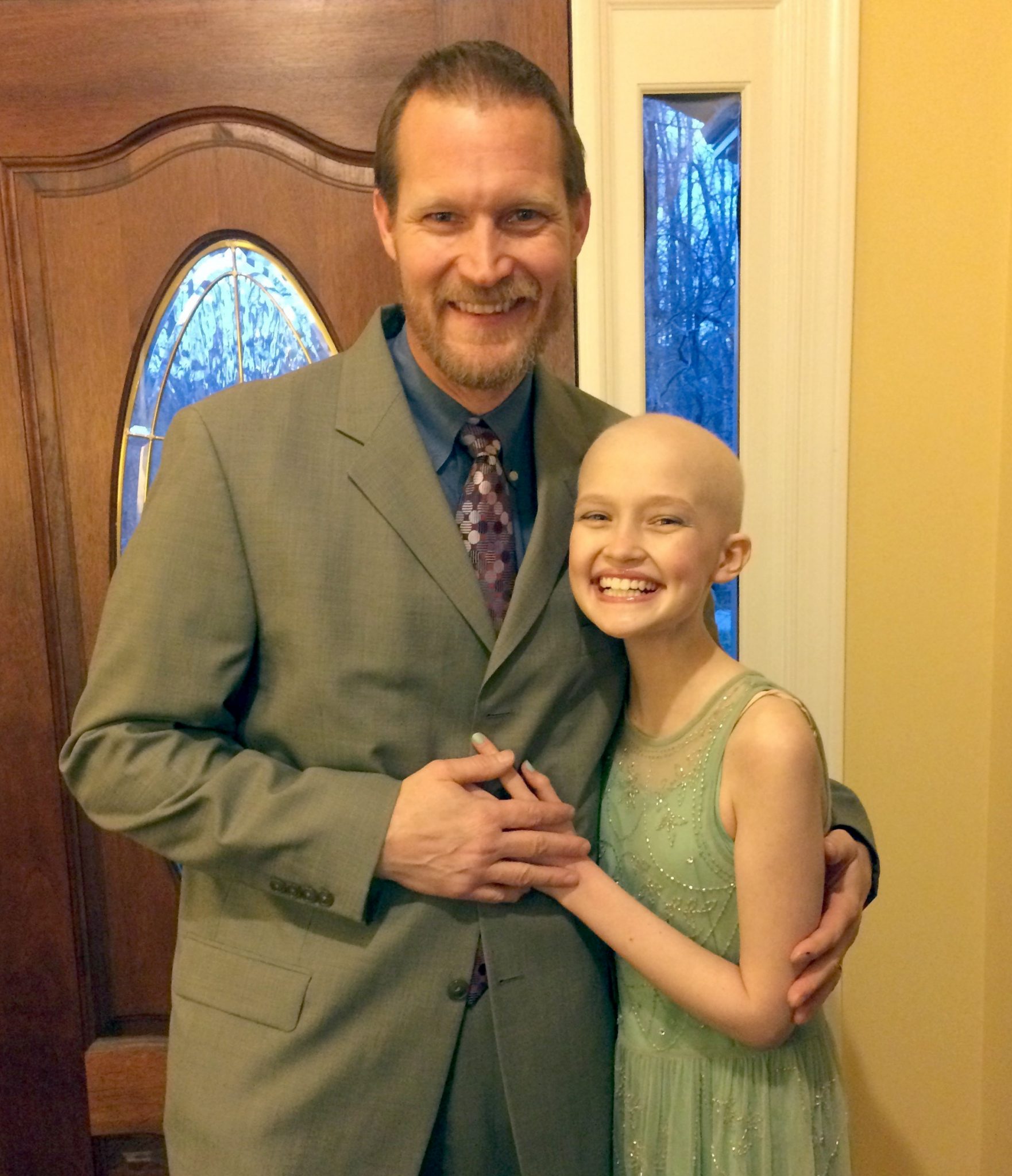 Two years after that play, her knee began to hurt. Soon she was diagnosed with Ewing’s sarcoma, an aggressive bone cancer. We started treatment immediately but unfortunately could never get ahead of the cancer. She died just after a ten-month battle.
Two years after that play, her knee began to hurt. Soon she was diagnosed with Ewing’s sarcoma, an aggressive bone cancer. We started treatment immediately but unfortunately could never get ahead of the cancer. She died just after a ten-month battle.
I have learned many things as a result of our fight and the bottom line is that we aren’t doing enough to combat the number one cause of death by disease in children. Forty-three children in the United States are diagnosed with cancer every day and childhood cancer will kill one out of every five of them. Yet less than 4% of federal cancer research funding is aimed at cancers that affect children. In fact, we spend more on prostate cancer research, with an average cure rate of 95% and average diagnosis age of sixty-six years, than we do on all childhood cancers combined.
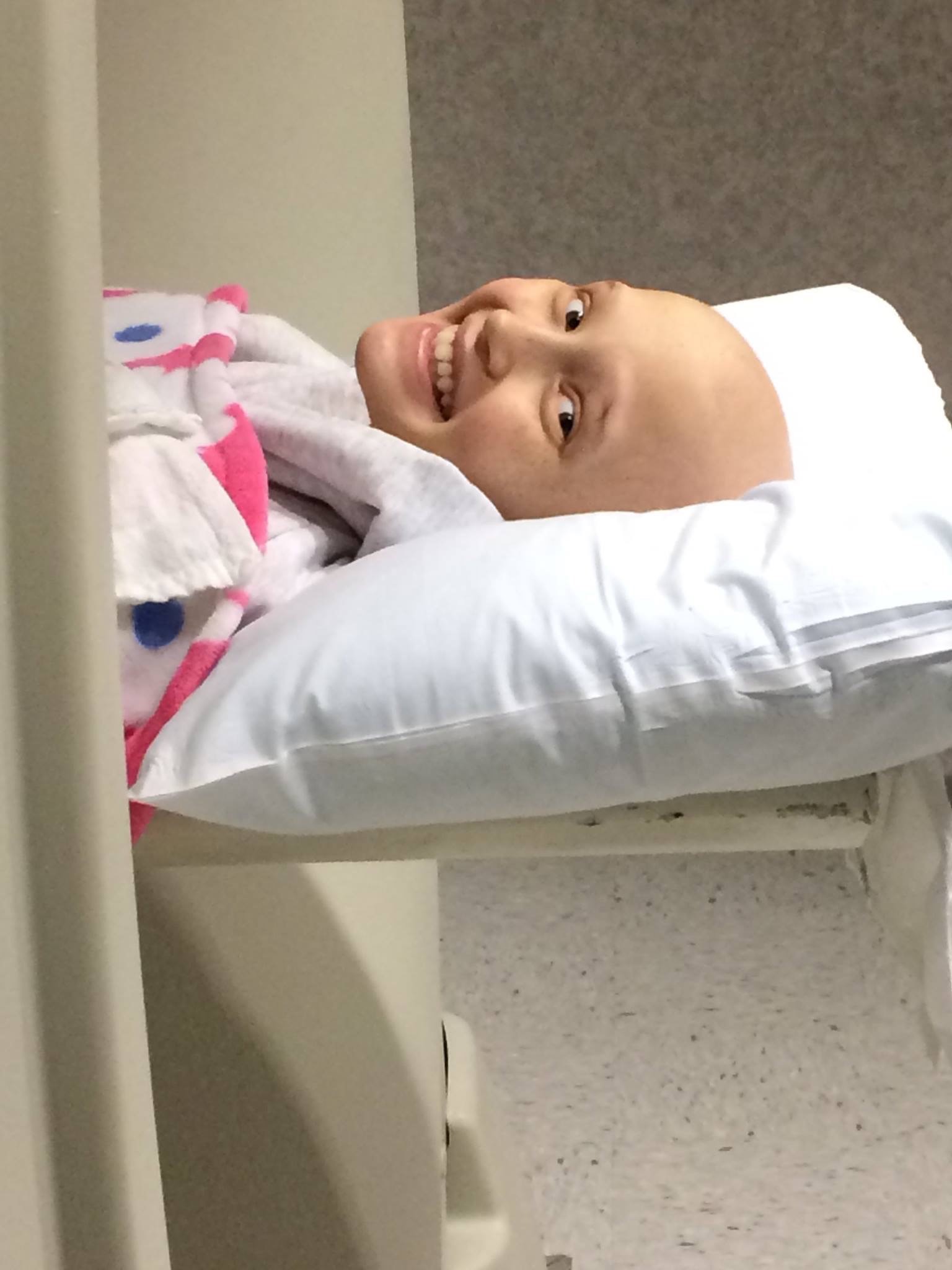 When Kylie was diagnosed, my employer urged me to have the DNA of her tissue mapped. He was funding genetic research and facilitated the testing of Kylie’s tumor. The hope was that the results would show which genes were causing the mutation of cells. At the time, this type of research was making its way into adult treatments for cancer. We soon found out that with children, we weren’t there yet.
When Kylie was diagnosed, my employer urged me to have the DNA of her tissue mapped. He was funding genetic research and facilitated the testing of Kylie’s tumor. The hope was that the results would show which genes were causing the mutation of cells. At the time, this type of research was making its way into adult treatments for cancer. We soon found out that with children, we weren’t there yet.
The mix of chemotherapy and radiation she received was decades old. In fact, if I had gotten the same cancer when I was her age, I would have received the same treatment. With all of our advances in science and medicine, most treatments for childhood cancers have remained the same for forty years.
When our doctors received complete DNA results from her tumor tissue, they had no use for the data. Her treatment didn’t change one iota because just five years ago, genetic testing had yet to impact care in children.
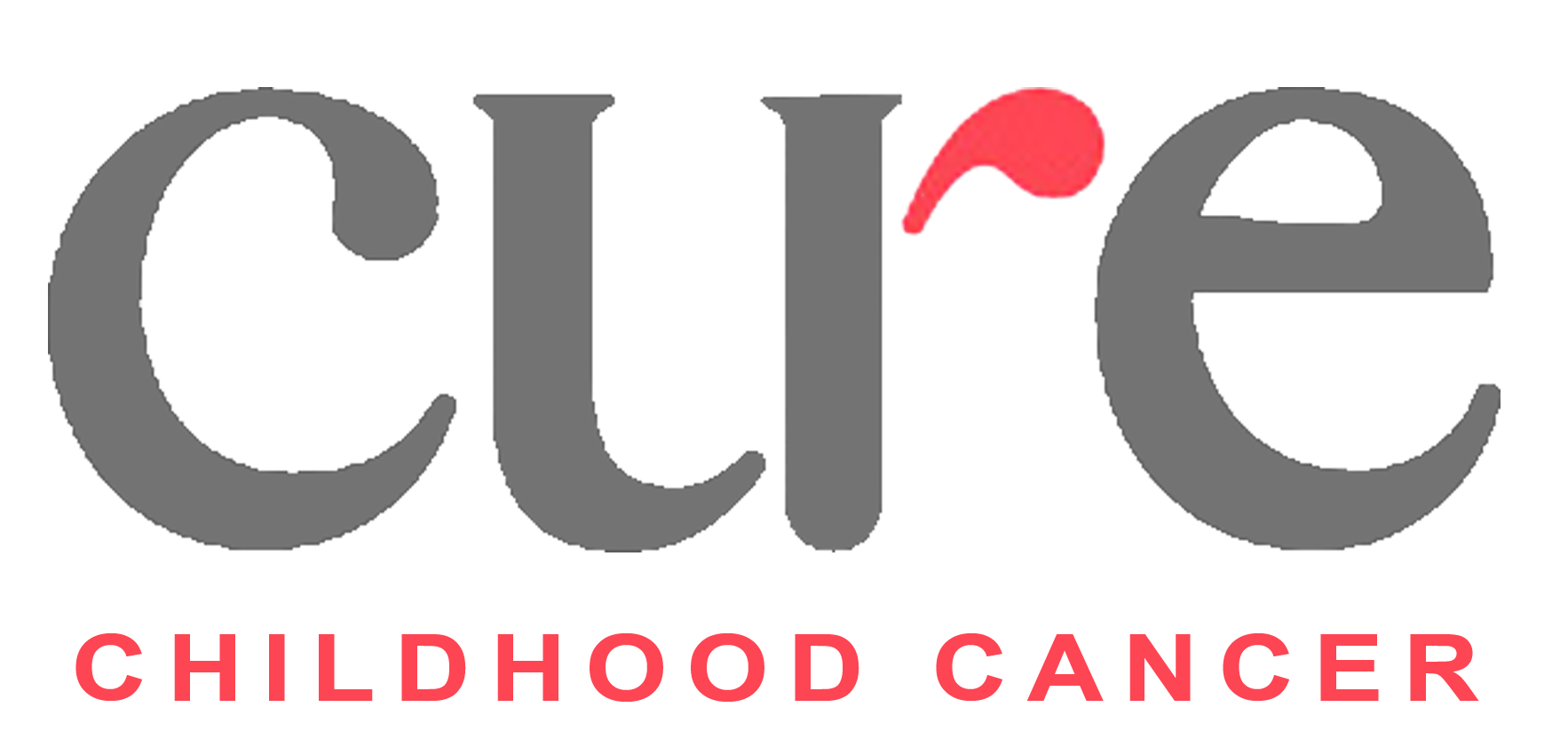
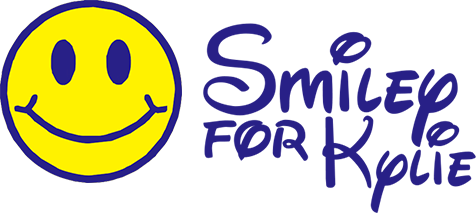 This is changing. Through a grant from CURE Childhood Cancer, the Aflac Cancer Center at Children’s Healthcare of Atlanta has created the Precision Medicine Program. Joining a handful of existing programs, this innovative entity will take the fight against childhood cancer to the genetic level by identifying the root cause of the child’s cancer and targeting specific therapies directly at the wayward cells. It offers hope when standard therapies have failed and that is something to be excited about.
This is changing. Through a grant from CURE Childhood Cancer, the Aflac Cancer Center at Children’s Healthcare of Atlanta has created the Precision Medicine Program. Joining a handful of existing programs, this innovative entity will take the fight against childhood cancer to the genetic level by identifying the root cause of the child’s cancer and targeting specific therapies directly at the wayward cells. It offers hope when standard therapies have failed and that is something to be excited about.
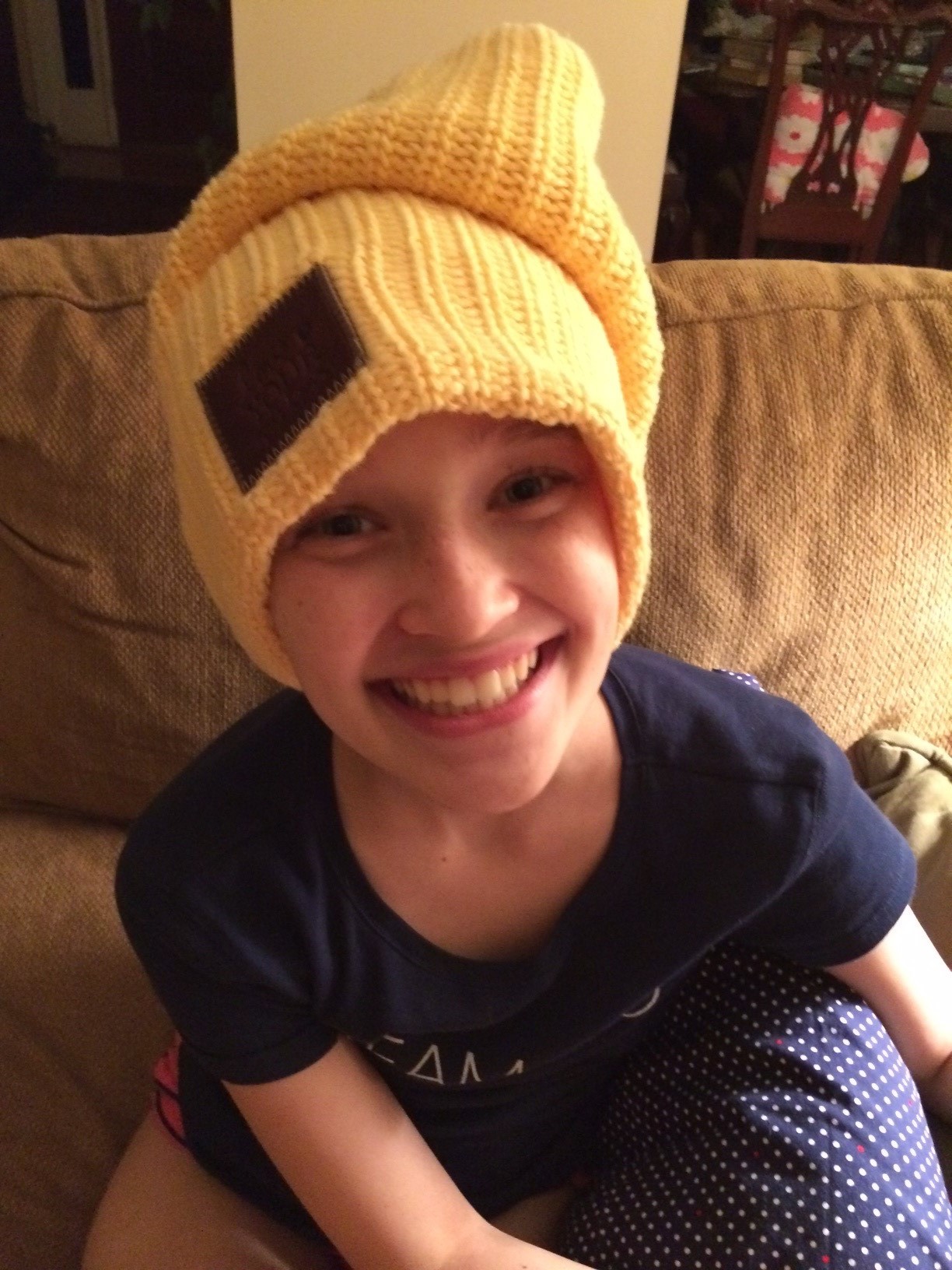 It is too late for Kylie but maybe not for many children fighting cancer today. Our family created Smiley for Kylie in her memory and we are proud to work with CURE to further such innovative research that will hopefully allow children to reach for their dreams.
It is too late for Kylie but maybe not for many children fighting cancer today. Our family created Smiley for Kylie in her memory and we are proud to work with CURE to further such innovative research that will hopefully allow children to reach for their dreams.

